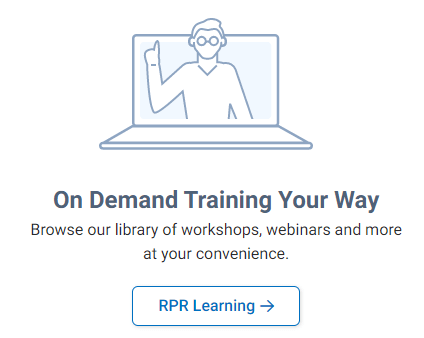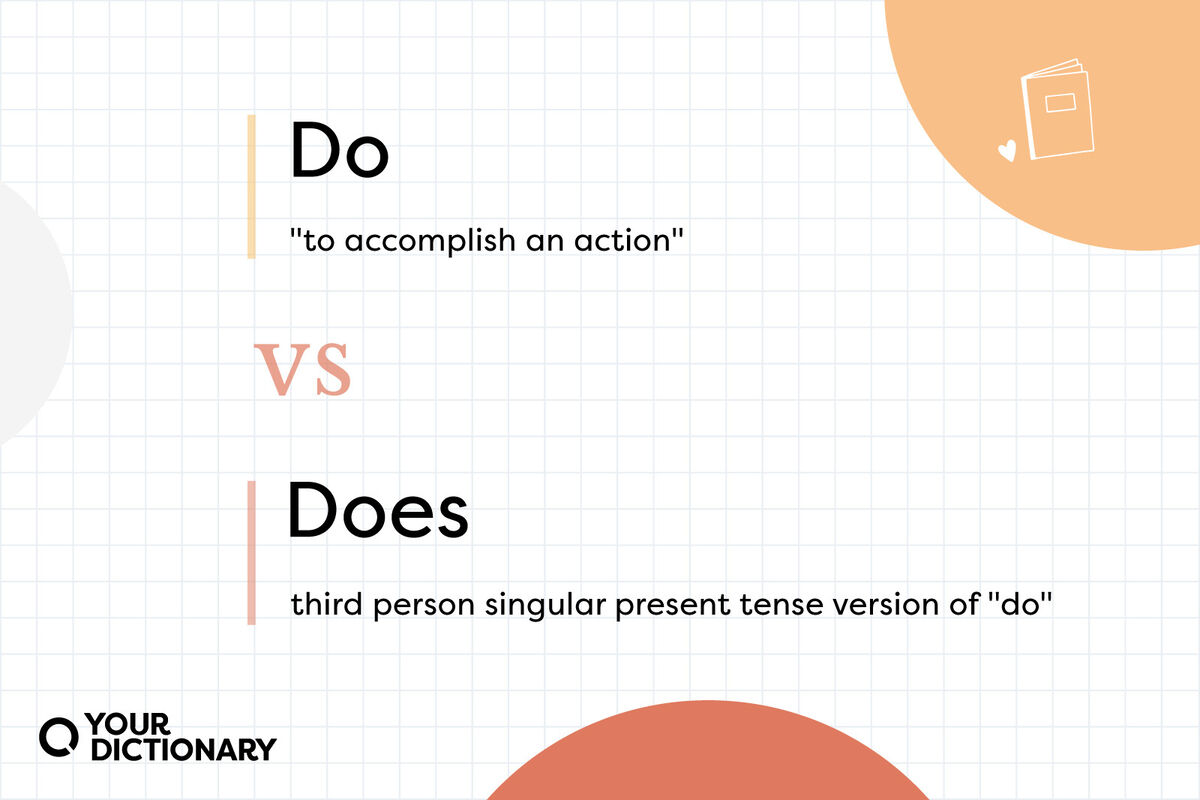How Quickly Can You Get Your Real Estate License? Timelines, Steps, and What to Expect
Introduction: The Path to a Real Estate License
Getting your real estate license can be an efficient process-but exactly how fast you can achieve it depends on several factors, including your state’s requirements, your chosen education format, and how quickly you complete each step. This guide breaks down the typical timeline, provides real-world timelines from multiple states, and offers actionable steps for accelerating your path to licensure. By the end, you’ll understand what to expect and how to get started as quickly as possible.
Typical Timeline: How Fast Can You Get Licensed?
For most states, the process to become a licensed real estate agent typically takes between two and four months , though it can be shorter or longer depending on your pace and the state’s processing times [1] . Some states have minimum time requirements for coursework, while others allow you to finish and schedule your exam as soon as you complete the necessary education [2] . Below is a breakdown of the main steps and how long each usually takes:
- Pre-licensing Education: 2-8 weeks (varies by state and course format)
- Exam Preparation & Scheduling: 1-2 weeks
- State Exam: 1 day (scheduled at available testing centers or online)
- Background Check & Application Processing: 1-6 weeks (depends on state)
In fast-track scenarios, some students complete the process in as little as two months, especially when using online courses that allow self-paced study. However, others may take longer if they choose in-person classes, encounter delays in exam scheduling, or experience extended background check processing times [1] .
Step-by-Step Process: What You Need to Do
1. Complete Pre-Licensing Education
Every state requires you to complete a specific number of pre-licensing education hours. For example:
- California: Three 45-hour courses (minimum 7.5 weeks due to state-mandated pacing) [1]
- Alabama: 60 clock hours, which must be completed before you can take the state exam [4]
- Colorado: 168 hours of approved real estate education, which can often be completed online at your own pace [3]
Most states allow you to choose between in-person classes and online courses, with online options generally being faster and more flexible. You can search for approved real estate schools by visiting your state’s real estate commission website or by searching “[Your State] approved real estate courses.”
2. Prepare for and Schedule the State Exam
Once you finish your coursework, the next step is exam preparation. Many aspiring agents use practice tests and exam prep materials, which may take a week or two. Scheduling your state exam can sometimes add time depending on local testing center availability. Most states use vendors like Pearson VUE or PSI; you can find scheduling instructions on your state’s real estate commission website.
If you want to speed up this process, it’s wise to:
- Book your exam date as soon as you complete your education hours
- Use reputable exam prep materials to ensure you pass on the first attempt
3. Pass the State Exam
The real estate exam is typically a multiple-choice test covering state and national real estate principles. You’ll usually know your results immediately after completing the test. If you pass, you’ll receive instructions on how to proceed with your license application [2] .
4. Submit Your License Application and Background Check
After passing the exam, you’ll need to submit a license application (often online) and complete a background check, which may involve fingerprinting. Processing times vary by state, but this step can take from a few days up to several weeks. For example, Arkansas estimates 5-10 days for application processing, but mailing and document gathering can add additional time [1] . Alabama gives applicants six months to pass the exam after completing coursework [4] . Colorado requires you to secure errors and omissions insurance before activating your license [3] .
If you want to avoid delays, gather all necessary documentation (ID, course completion certificates, background check forms) ahead of time and verify the exact requirements via your state’s real estate division or commission website.
Timeline Case Studies: Real-World Examples
California: The mandatory education alone takes a minimum of 7.5 weeks due to state pacing rules. After that, applying for and scheduling the exam often adds another 6-8 weeks, so the process can easily take 3-4 months even if you move quickly [1] .
Alabama: Pre-license education is 60 hours, and you have six months after finishing to pass the state exam. Post-license education (30 hours) is also required within your first twelve months to keep your license active [4] .

Source: bestrealestatemarket.com
Iowa: Broker applicants need 60 hours of pre-licensing education within 24 months of taking their exam, and both state and national exam portions must be passed. Background checks and errors and omissions insurance are also required [5] .
Factors Affecting Your Speed: What Can Accelerate or Delay the Process?
Several variables impact how fast you can get your real estate license:
- State Requirements: Some states require more education hours or have minimum timeframes for coursework.
- Online vs. In-Person Courses: Online courses let you work at your own pace and can often be completed more quickly.
- Exam Scheduling: High demand or limited test center availability can cause delays.
- Application Processing: Background checks and paperwork processing times vary by state.
- Personal Schedule: Your own availability and motivation play a major role in how quickly you move through the steps.
To maximize speed, choose online education, prepare for the exam efficiently, and promptly submit all required documents.
Costs and Additional Considerations
While speed is important, don’t overlook costs and compliance:
- Education: $300-$1,000 for pre-licensing courses (varies by state and provider) [2]
- Exam Prep and Fees: $25-$150 for prep materials; $50-$150 for the state exam
- Background Checks & Fingerprinting: $50-$100 (varies by state)
- Additional Requirements: Errors and omissions insurance, post-licensing education, and application fees may apply depending on your state [3]
Always verify the current requirements and fees with your state’s real estate commission or department; rules and costs can change.
How to Get Started: Actionable Steps
If you’re ready to begin, follow these actionable steps:
- Search for your state’s real estate commission website (e.g., “California Department of Real Estate” or “Texas Real Estate Commission”).
- Review the pre-licensing education requirements and approved course providers.
- Select a course format (online for maximum speed).
- Complete the required education hours as quickly as allowed.
- Schedule your state exam immediately upon course completion.
- Prepare using reputable exam prep materials.
- Pass your exam and submit your license application and background check.
- Follow up with your state agency if you encounter processing delays.
For personalized guidance, consider contacting your state’s real estate commission or an approved real estate school for assistance. Many providers offer support services to help you navigate paperwork and requirements.

Source: fitsmallbusiness.com
Alternatives and Additional Pathways
If you already hold a real estate license in another state, check if your new state offers reciprocity or recognition agreements. This may allow you to bypass some education or testing requirements. Visit your target state’s real estate commission website and search for “license reciprocity” or “out-of-state license transfers.” If you encounter unique circumstances (such as a criminal record), most state agencies provide FAQs and contact options for further guidance.
Key Takeaways
The fastest path to a real estate license generally involves:
- Choosing online courses for flexible, self-paced study
- Proactively scheduling your exam and gathering required documents
- Promptly submitting your license application and background check
Timelines vary by state, but with careful planning and motivation, it’s possible to complete the process in as little as two months. Always check with your state real estate commission for the latest requirements and approved providers to ensure a smooth process.
References
- [1] RealEstateU (2025). How long does it take to get real estate license in each state?
- [2] Perry Real Estate College (2025). Timeline & Costs for Getting a Real Estate License
- [3] Colorado Department of Regulatory Agencies (2025). Broker Steps for Initial Licensure
- [4] Alabama Real Estate Commission (2025). Become a Licensed Real Estate Professional
- [5] Iowa Professional Licensing Bureau (2025). Real Estate Salesperson and Brokers License by Exam
MORE FROM resultsfordeals.com












